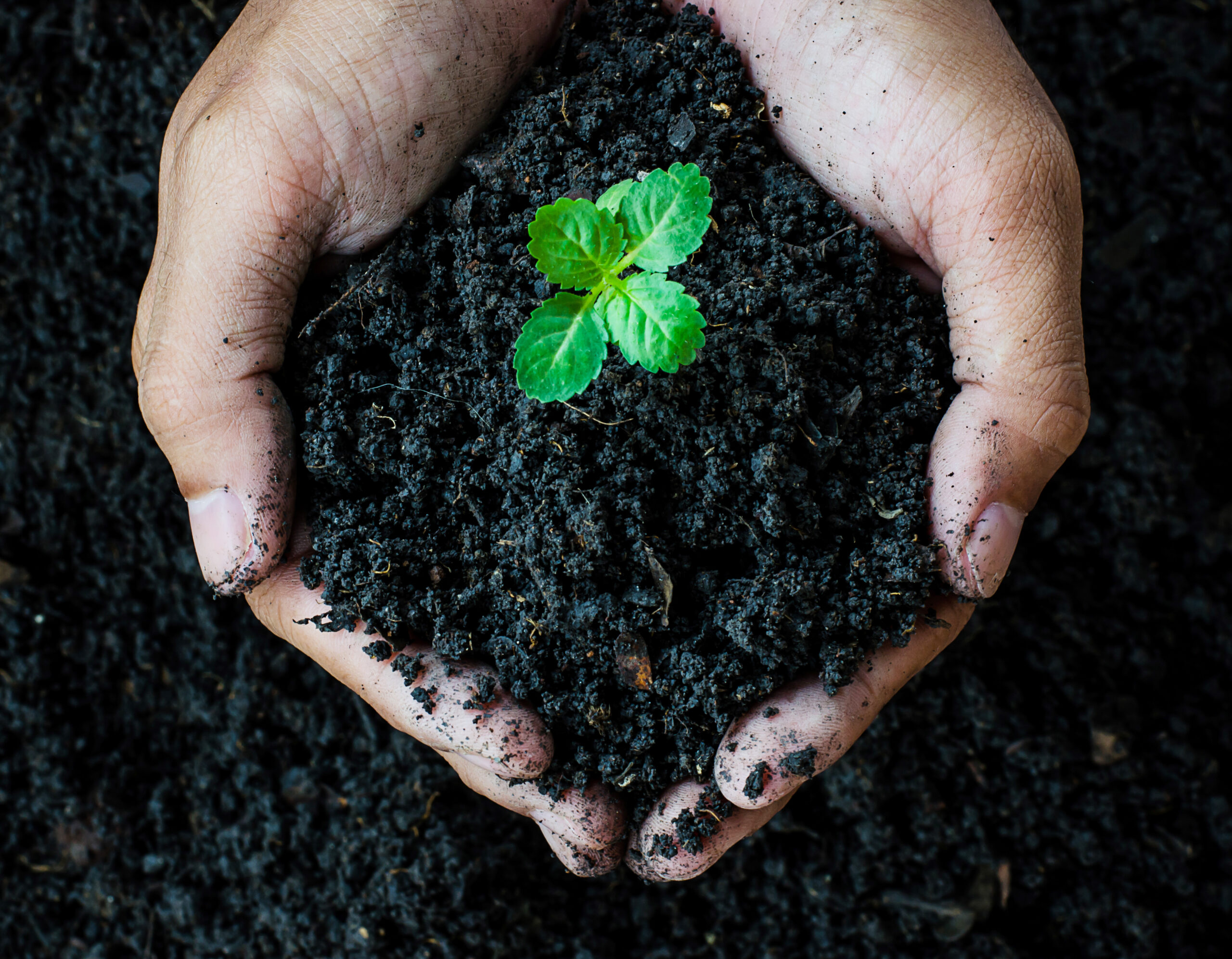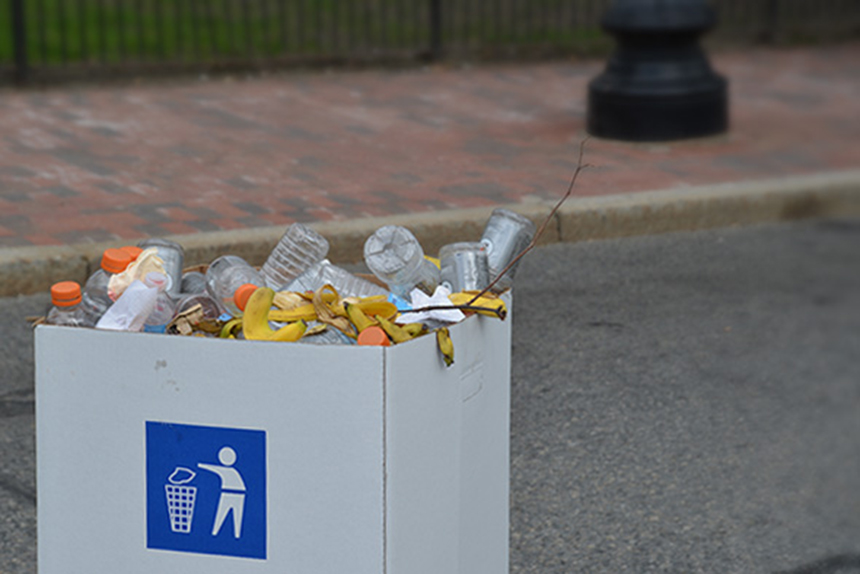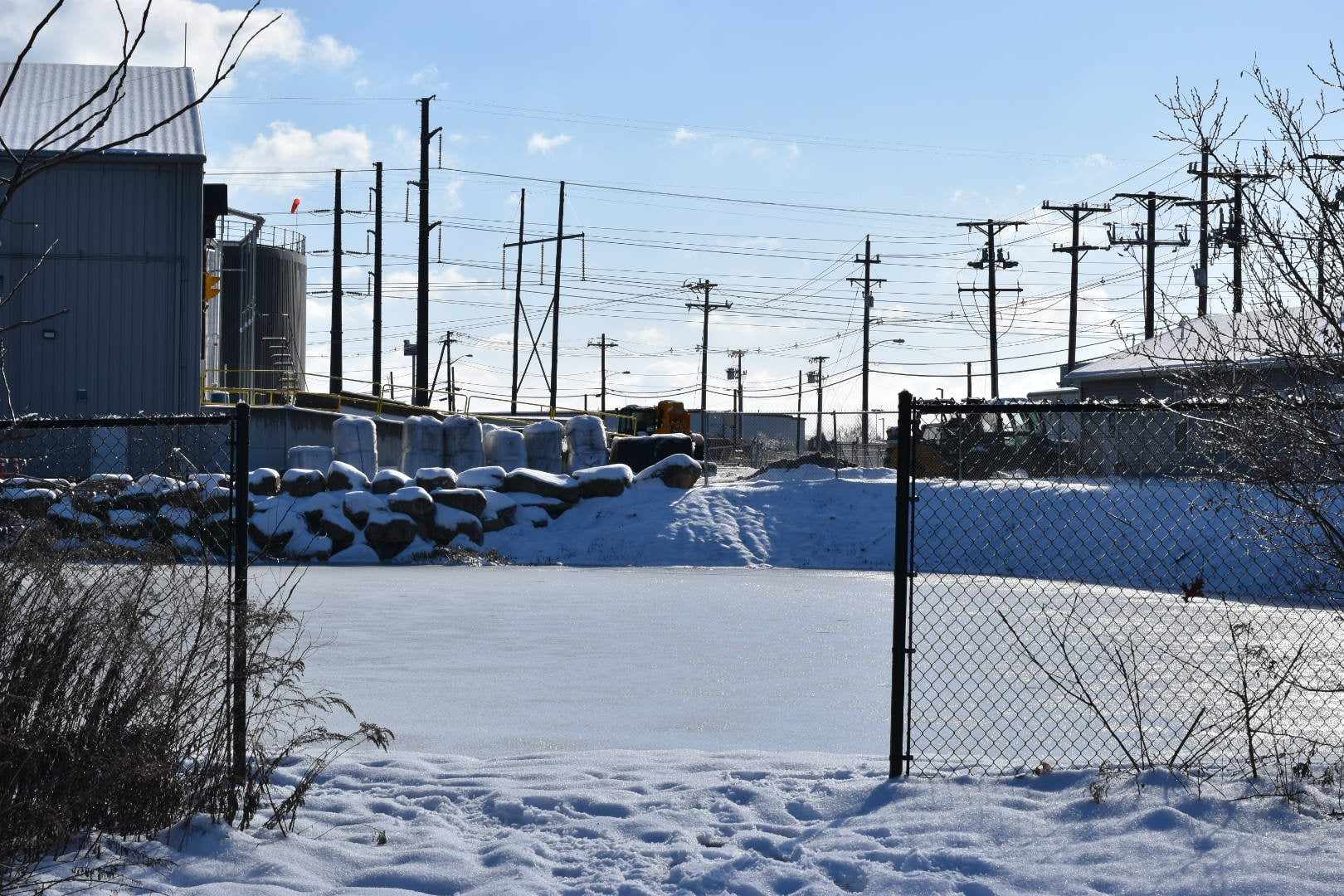Feed Your Lawn with Compost, Not Chemicals
April 10, 2016
Composting is the breaking down of organic materials such as food scrap, leaves and manure by bacteria in the presence of oxygen. Through this process, the material is transformed into what is essentially the organic and high-nutrient portion of topsoil. Composting recycles the nutrients and organic matter in what we have thrown away so that plants can reabsorb the nutrients and use them to grow.
In a forest, the leaves fall to the ground each year, but they never fill the forest because, below the surface of the leaf litter, bacteria are turning the leaves back into soil.
The breakdown of organic matter takes place in several steps over the course of time, each step in the breakdown being done by a different mix of bacteria. The speed at which organic matter breaks down and turns to compost varies according to conditions.
Reducing the size of the organic matter to be composted provides more surface area for the bacteria to work and speeds things up. Other factors effecting the speed of composting include the oxygen flow to the compost pile, which can be controlled by either an aeration system or by turning the pile, moisture and temperature. By regulation, and sound composting practice, commercial compost piles must heat up through bacterial action to more than 160 degrees Fahrenheit for several days or they are not acceptable for agricultural purposes.
Properly managed composting operations can turn food scrap and leaves into finished compost in about eight weeks. The typical backyard system produces a finished product in about a year.
Another approach within the realm of composting is the use worms to process the organic matter. Vermiculture turns food scrap into worm castings that can be directly returned to the soil. While mostly practiced practiced at home, there are also large-scale vermiculture operations selling compost. Worms can compost all vegetable matter, but there are limits to what they can eat, so to fully capture food scrap, vermiculture must be supplemented with another approach.
It should be noted that there are many compostable items, such as expired dairy products and meats, that can be successfully composted, but breaking down these products typically requires a higher temperature than is usually created in a home compost pile.
Here are three quick tips for speeding up home composting:
Freeze it first: Store food scrap in the freezer before adding it to your compost pile. The cold bursts the cell membranes in the food, helping it decompose faster once it hits the compost pile.
Add water: Material in the pile should be as damp as a fully saturated sponge. Pour in water if moisture doesn’t drip out with a good squeeze. Diluted leftover coffee is fine to add as well.
Cover it: A sheet of plastic, old window or spare carpeting will trap heat and moisture. Covering keeps nutrients in as well, especially during rainy weather.



